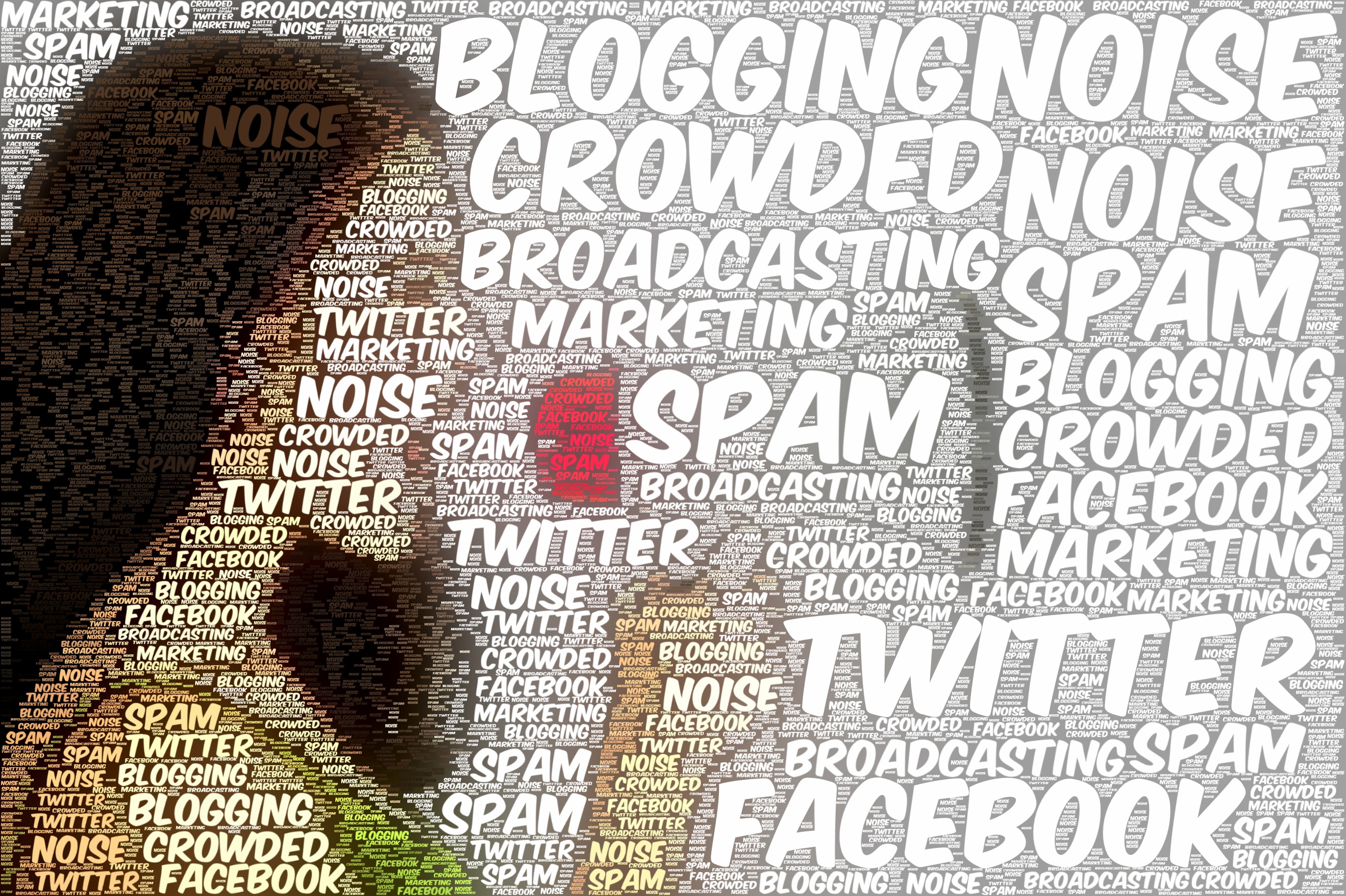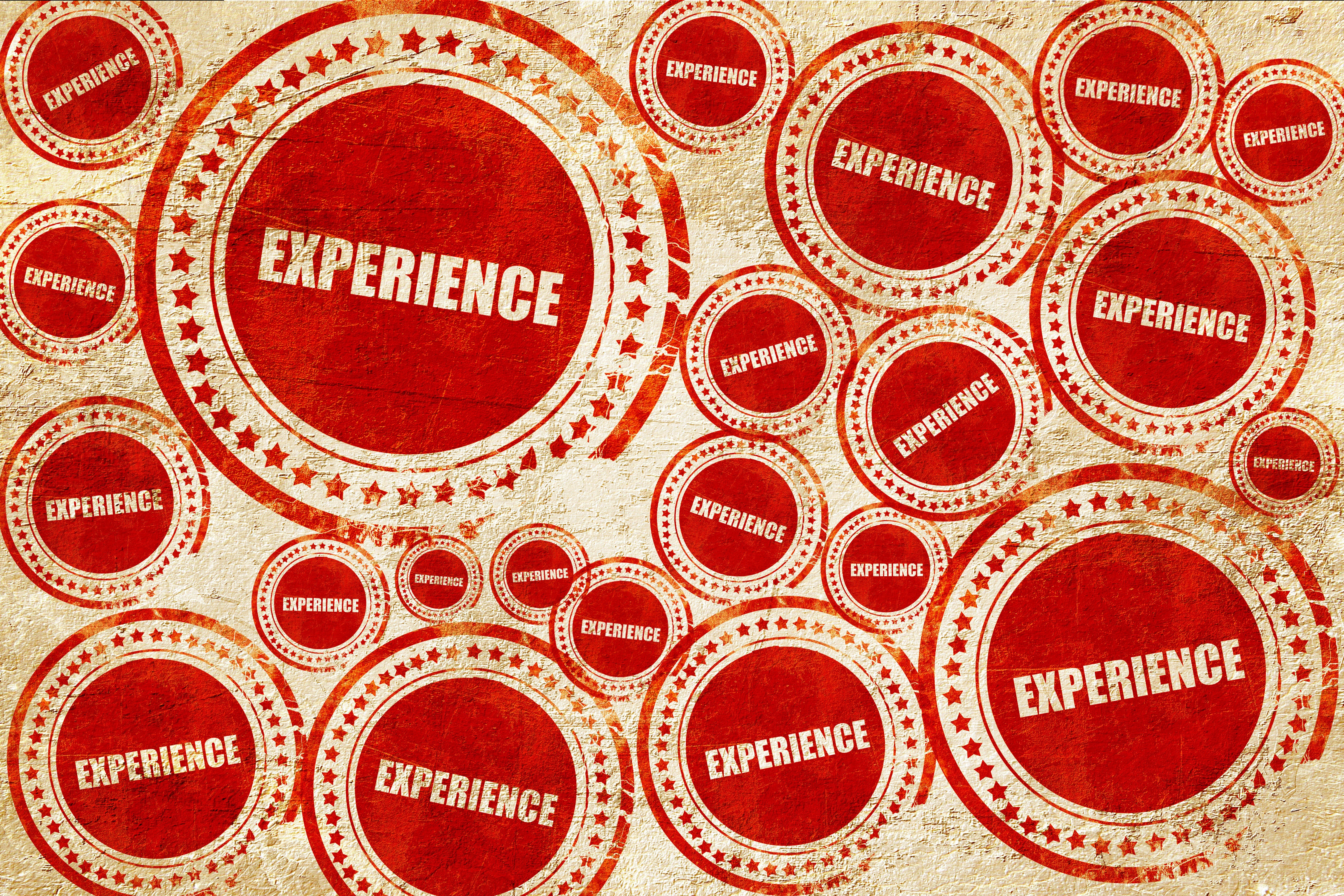Not so long ago, a customer’s interaction with a brand was done face-to-face or over the phone. Companies like Ritz-Carlton, Nordstrom and Disney built their reputations on excellent customer experience training and delivery. It’s not as much the case anymore. Gartner predicts that, by 2020, the customer will manage 85% of its relationship with an enterprise without interacting with a human. This is just four years after 89% of companies expect to be competing mostly on the basis of customer experience.
As we shared in our recent eBook, customer loyalty today is driven primarily by a company’s interaction with its customers and how well it delivers on their wants and needs. Understanding and effectively developing a positive customer experience (CX) has become a requirement for any brand seeking to be relevant and combat growing competition.
CX today requires a combination of data-driven insights, friction-free customer interactions and an agile approach to meet them where they are and want to be.
It’s a fact: Today’s consumers have higher expectations of your business than ever before.
It’s increasingly rare that a customer is loyal to a brand just based on price or availability of their products. There will always be someone who can make it cheaper and gain wider distribution.
Today, customer loyalty is driven primarily by a company’s interaction with its customers and how well it delivers on their wants and needs. Understanding and effectively developing a positive customer experience (CX) has become a requirement for any brand seeking to be relevant and combat growing competition. According to a Gartner survey, as competition and buyer empowerment compounds, customer experience itself is proving to be the only durable competitive advantage. What’s more, by the end of 2016, 89% of companies expect to compete mostly on the basis of customer experience versus 36% four years ago. How are these experiences being captured and spread? Influencers.
In the military, finding the enemy was always the first step toward (mission) execution. After all, you can’t go after something you can’t see. To do so we built network maps, which were visual depictions that highlighted a potential bad guy’s personal connections and his tie-ins with his bad guy brethren. Building these connections took time, as we had to analyze pattern of life and myriad other factors that Hollywood doesn't know about -- yet.





